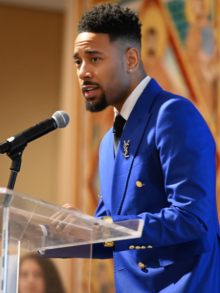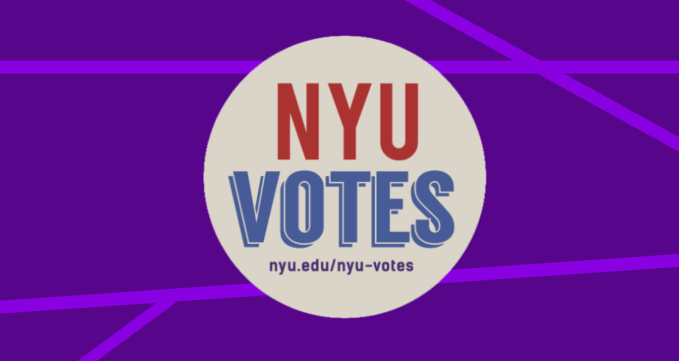Seun Owolabi
IMPACTS ON HOUSING STABILITY
Client
UNIVERSAL PRE-K PROGRAM IN NYC
Faculty
Erilia Wu, Eric Zhou
Team
Anuska Corbin, Jiarun Liu, Lynn Miao, Eva Phillips, Ziyue Zhou
Capstone Year
2023-2024
ADVANCING GENDER-RESPONSIVE PUBLIC FINANCIAL MANAGEMENT
AND BUDGETING
Client
WORLD BANK
Faculty
Paul Smoke
Team
Lex Brierley
Crystal Sawh
Zoe Zhou
Crystal Sawh
Zoe Zhou
Capstone Year
2023-2024
ANALYZING THE IMPACT OF NYC’S RIGHT TO COUNSEL LAWS ON RATES OF ILLEGAL EVICTION
Client
RIGHT TO COUNSEL AND ILLEGAL EVICTION
Faculty
Erilia Wu, Eric Zhou
Team
Tony Bodulovic, Jiayi Chai, Sarah Ligon, Reba Yohannan
Capstone Year
2023-2024
OPTIMIZING IMPACT MEASUREMENT: HOW NONPROFIT BOARD SERVICEEFFECTS CORPORATE EMPLOYEES
Client
CAUSE STRATEGY PARTNERS
Faculty
Mo Coffey
Team
Nina AristyIvan FangAndrew GarrettAshif Hassan
Capstone Year
2023-2024
EXAMINING THE IMPACT OF CASH BAIL REFORM AND SUBSEQUENT
ROLLBACKS ON OVERALL CRIME RATES
Client
CASH BAIL REFORM AND CRIME RATES IN NYC
Faculty
Erilia Wu
Eric Zhou
Eric Zhou
Team
Hanming Jiang
Yujin Lee
Jiaying Li
Rhea Meher Soni
Yujin Lee
Jiaying Li
Rhea Meher Soni
Capstone Year
2023-2024
AN ANALYSIS OF THE IMPACT OF A PHYSICAL EDUCATION PROGRAM ON SCHOOL CLIMATE
Client
EVICTION MORATORIUMS AND LABOR MARKETOUTCOMES
Faculty
Erilia Wu, Eric Zhou
Team
Emily Finkelstein, Ziyi Gu, Michelle Henderson, Tara Merigan
Capstone Year
2023-2024
BREAKING BARRIERS: NYC CASH ASSISTANCE ENHANCEMENTS
Client
FEDERATION OF PROTESTANT WELFARE AGENCIES
Faculty
Palak Kaushal
Team
Reuben Forman
Olivia Tong
Michael Vizzi
Harper Wang
Olivia Tong
Michael Vizzi
Harper Wang
Capstone Year
2023-2024




